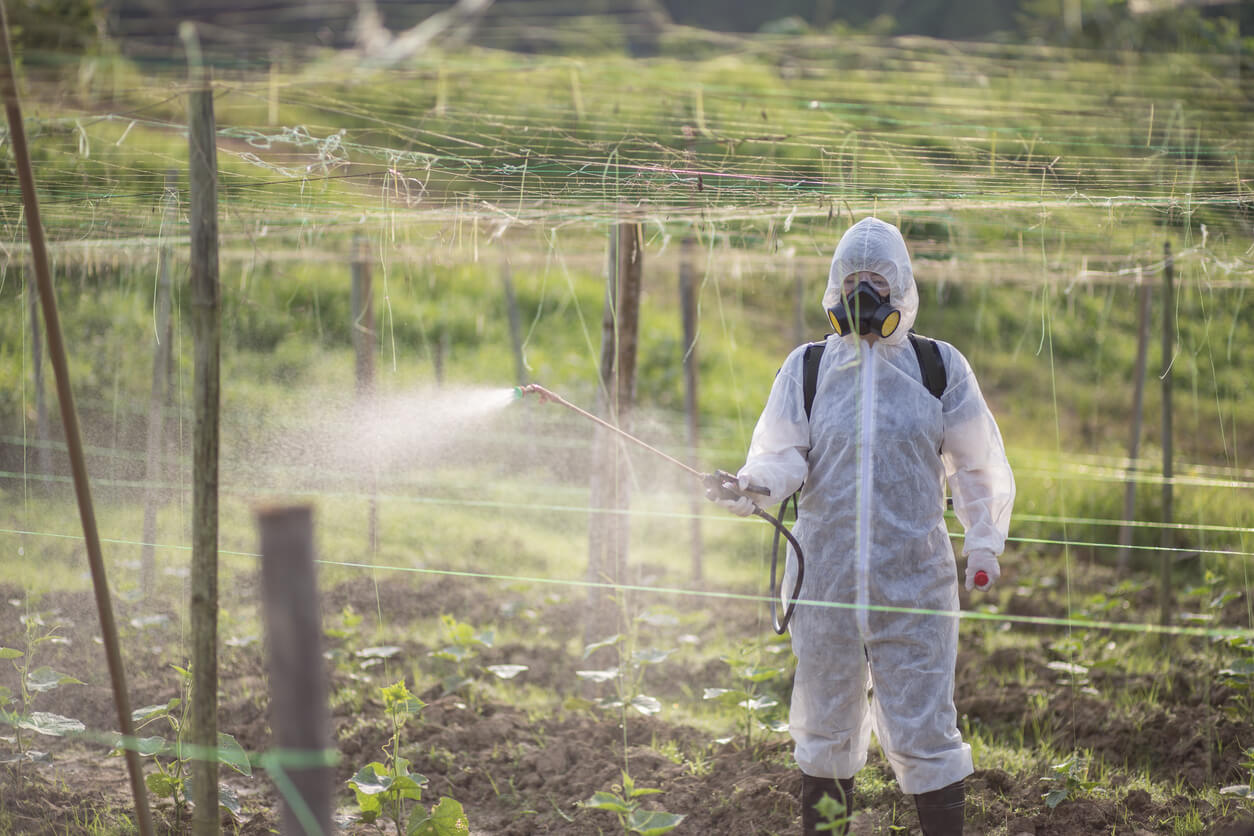Debatable topics
Ready to leave?
Oops ! Condition name you have entered is invalid.
You are now leaving Aposbook.com and going to an external site managed by another organization.
Please confirm your email address and try to login again.
This account has been deleted. do you want to restore it?

Validate your email
A verification link will be sent to within the next 2 minutes. Please click it to validate your e mail.
*If you didn't get the link, please check your spam folder
Welcome to Aposbook,
As a registered user, you can benefit from the various free tools and services that we provide.
All you need to do is log in to start discussing with others, interacting, asking questions, and sharing your point of view about the various topics.
You can also write reviews and testimonials about any natural solution you have tried and share your experience. Your feedback can be very helpful.
If you are a health expert, you can add information about any topic or suggest text edit. You can also publish content, including articles and videos, about any topic from the related library section.
Together we can help.
The Aposbook Team
Forgot Password?
A validation link will be sent to you by email. Please confirm your address to log in
*If you didn't get the link, please check your spam folder
Please log in to use this feature
Your account has been suspended because you have violated our code of conduct. If you think this was a mistake, you can contact us by email at: support@aposbook.com "Contact us" form.
Success! Thank you for your feedback. Your contribution can make a difference. Together we can help each other.



Glyphosate is a chemical compound found in some herbicides. Farmers use it to kill weeds which often compete with their crops for sunlight and nutrients. The United States approved its use in agriculture in the early 1970s. Since then, glyphosate-based herbicides have become one of the most popular herbicides worldwide because of their cost-effectiveness.
Despite glyphosate’s popularity, some scientists warn that the glyphosate sprayed on crops may affect human health. Researchers have found glyphosate residues in everyday foods like cereals, corn, and soybeans. Many are concerned that these residues are toxic to humans and may cause many health issues and autoimmune diseases, including cancer.
However, many toxicologists reaffirm that glyphosate is a highly regulated herbicide. Scientists constantly test its safety and toxicity to humans. They also argue that the glyphosate levels in herbicides are low and do not pose a public health risk.
What Do Different Health Experts Think of Glyphosate?
Opinion 1: Glyphosate is Safe and Doesn't Harm Health
Most scientists and toxicologists agree that glyphosate is not toxic and safe to use. They also confirm that it does not cause cancer or any other diseases because the maximum residue levels in herbicides are low and do not affect people’s overall health.
Scientists point out that glyphosate can only kill weeds because it disrupts the function of an enzyme that stimulates plant growth. Humans do not have this enzyme in their bodies, so glyphosate doesn’t impact them.
Most research shows that glyphosate has no adverse effects on human health. For example, the review, “Safety Evaluation and Risk Assessment of the Herbicide Roundup and Its Active Ingredient, Glyphosate, for Humans,” suggested that glyphosate does not cause cancer or damage DNA. It also found that glyphosate is not damaging to “development, reproduction, or endocrine systems in humans and other mammals.”
However, one recent study found that glyphosate may cause cancer. In 2015 the International Agency for Research on Cancer (IARC) classified glyphosate as “probably carcinogenic.” Critics of the study point out that the study’s findings are inconsistent with current research, so they are not an adequate indicator of harm.
Different authorities across the globe reassessed the safety of glyphosate after that study was published. Yet, they did not find that glyphosate posed a risk to human health.
For instance, the review, “Glyphosate toxicity and carcinogenicity: a review of the scientific basis of the European Union assessment and its differences with IARC,” conducted multiple assessments and monitored glyphosate residues in foods like corn and soybeans. It found that people’s exposure to glyphosate via residues was negligible and did not affect their health.
Scientists assert that glyphosate has been around for over 40 years and has undergone constant testing and high-quality reviews for toxicity to humans. If it caused cancer or affected human health, regulatory authorities would not have allowed farmers and agriculture companies to use it.
In February 2020, the Environmental Protection Agency (EPA) released a report concluding “there are no risks to public health when glyphosate is used in accordance with its current label.”
Opinion 2: Glyphosate is not Safe and can Harm Health
Some scientists and functional medicine doctors believe glyphosate poses a risk to human health. They argue that even though glyphosate targets plants, it can also affect the human body and cause various chronic illnesses like autoimmune diseases and cancer.
Many functional medicine doctors maintain that bacteria in the human digestive system have the same enzyme that glyphosate kills in plants.
Dr. Steven Brown, a certified functional medicine practitioner, argues that glyphosate is harmful because it destroys this enzyme in human gut bacteria. Gut bacteria help the body absorb nutrients and regulate digestion.
When glyphosate kills the bacteria, the digestive system becomes inflamed. It also stops absorbing nutrients, which causes chronic illnesses like inflammatory bowel disease (IBD) or irritable bowel syndrome (IBS).
Besides maintaining digestion, gut bacteria also regulate immune system function. If bacteria in the microbiome die, the immune system does not function effectively. It results in poor immunity, which leads to the development of autoimmune diseases.
Gut bacteria disruption may also lead to an overactive immune system, which causes autoimmune diseases. If the intestinal walls are weak, bacteria may leak out of the digestive system and travel to other areas in the body. As a result, the immune system launches an exaggerated response and starts attacking other healthy cells, leading to autoimmune diseases.
Dr. David B. Agus, an oncologist, points out that there is “reasonable data that it can increase risk of lymphoma.”
One review, “Exposure to glyphosate-based herbicides and risk for non-Hodgkin lymphoma: A meta-analysis and supporting evidence,” suggests that glyphosate may increase cancer risk because it disrupts the function of the endocrine system. It found an association between exposure to glyphosate and a higher risk for developing non-Hodgkin lymphoma or blood cancer.
Dr. Agus emphasizes that researchers and doctors have not studied the impact of glyphosate on human health in the long term. They do not know what effect glyphosate has on human health because there are no lifelong exposure studies on the topic.
Do You Think Glyphosate is Safe or Harmful?
Share your thoughts on this topic in the forum below.
Vote “YES” if you think glyphosate is safe and doesn't damage health. “NO” if you think glyphosate is harmful and can lead to the development of illnesses and diseases.
Upvote
- (1)
Downvote
- (0)
Views in favor of Glyphosate
Views against Glyphosate
Discussion forum
Please remain authentic and respectful. Aposbook does not endorse any comment and is not responsible for any wrong information provided by users.

















Success! Thank you for your comment.